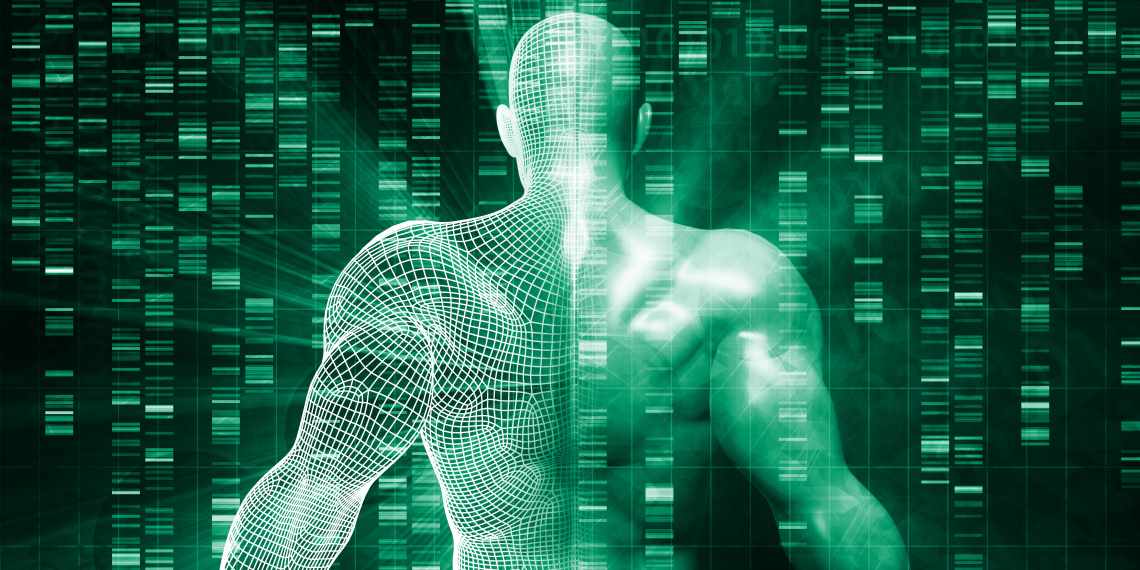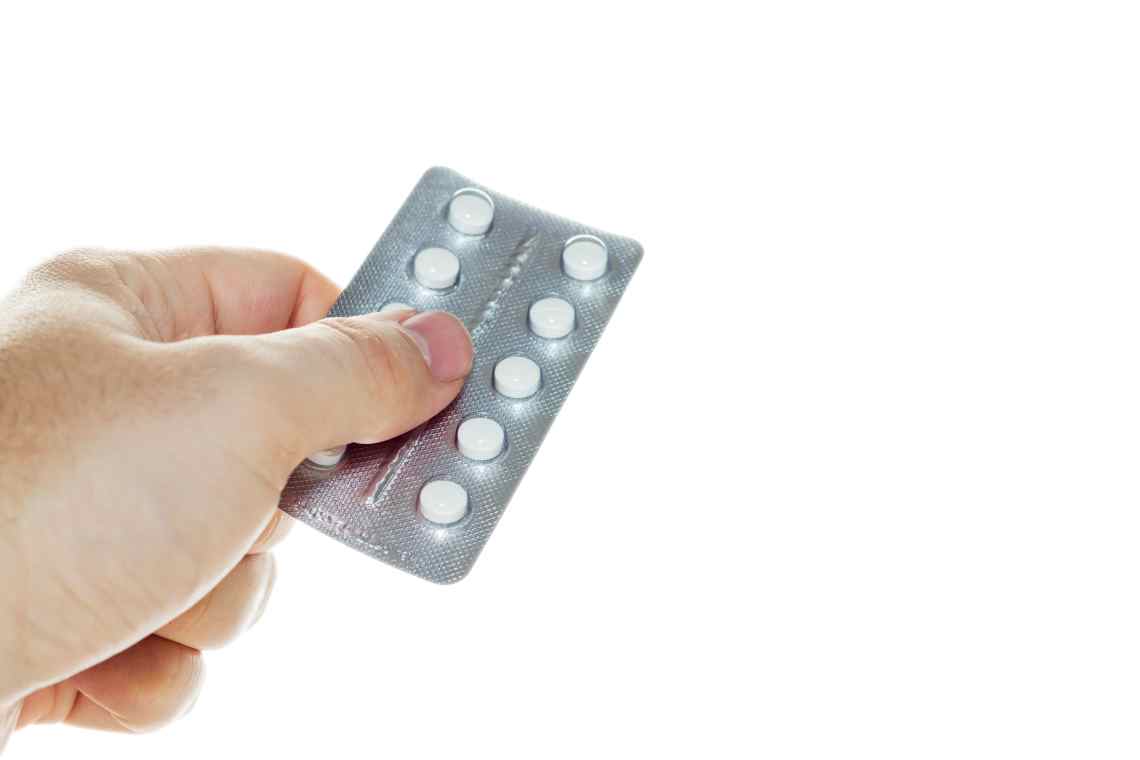- Improved Compliance
- Real Consumer Engagement
- Enable Digital Reorder
& Replenish
IoT Products to Assist in Clinical Trials
Smart and connected IoT products have infiltrated our lives in more ways than we can imagine. Society has become so used to using smart phones, smart watches, and smart TV, and the like, we can hardly imagine a time where we lived without these modern convenien ces. Essentially, anything can become a smart product if it can connect to the Internet, gather its own data, and analyze that information/data.
Therefore, it is no stretch to imagine smart IoT products and technology saturating the medical field. More specifically, clinical trials and medical research are b eginning to find a real use for IoT. Clinicians are finding smart and connected devices can play a critical role in the success of clinical trials.
As discussed in our article "Medical Adherence and Compliance During Medical Trials", there is an issue with patient s strictly following their trial protocols. These issues lead to a host of other problems like increased costs, inaccurate trial outcomes, and health endangerme nt of the patients. With such detrimental problems, how can IoT products and technology mitigate these issues and make clinical trials better and more accurate? We will explore some IoT and connected products below.
Wearable Technology and Google X
There is always the risk of human error when collecting, analyzing, and interoperating data. Even the most skilled person or team can make a mistake, leading to inaccurate clinical trial outcomes. An effective solution to combat this issue is using wearable devices. Think smart watch or fitness band; these smart wearables continuously track sleep patterns, steps, heart rate, exercise, and much more. It isn't a huge leap to make a wearable designed to keep track of patients vital signs and any other information pertinent to each clinical trial patients are partaking in.
An IoT connected wearable can transmit all of the important information to the patient's smart phone and also send it directly to the clinicians of the trail. These will provide all parties with real-time data and that data will always be accurate. An example of this kind of technology is Google X's wearable medical grade device. Google's medical wearable can track things like pulse, the temperature of a person's skin, heart rhythm, light, noise, and so much more. The device will provide minute-to-minute data to doctors and clinicians.
Proteus Digital Health - Discover Ingestible Pill
Pills you can swallow with a tiny sensor to transmit important information to your doctor seem like a thing of the future? Well, it's not because it's in creation today by Proteus . All a patient needs to do is swallow their pill, put on a skin patch, and download the mobile app and provider portal. According to Proteus, "the patient activates Proteus Discover by taking medication with an ingestible sensor, once the ingestible sensor reaches the stomach, it transmits a signal to the patch worn on the torso. A digital record is sent to the patient's mobile device and then to the Proteus cloud where with the patient's permission, healthcare providers and caregivers can access it via their portal. The patch also measures and shares patient activity and rest."
Their goal is to completely transform patient care and medical non-adherence. This is especially helpful for all phases of clinical trails. Not only will the patients be more engaged and can fully track and understand the trial process, but clinicians, researchers, and doctors can also receive the most accurate information possible for their trials and studies.

